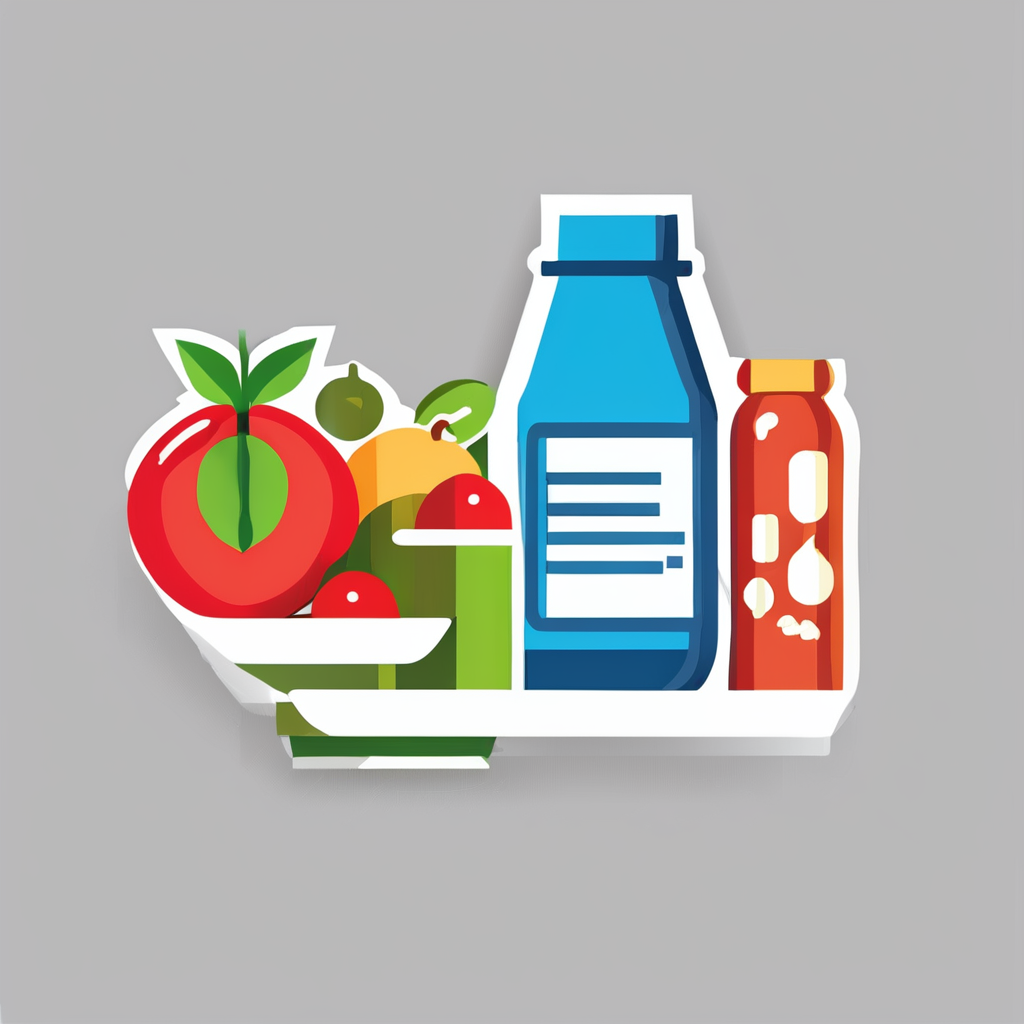Understanding the Connection Between Diet and Antibiotic Efficacy
Understanding the intricate relationship between diet antibiotic interactions is crucial for maximizing the benefits of antibiotic treatment. Diet can significantly influence the effectiveness of antibiotic therapy by impacting both drug absorption in the body and the health of the gut microbiome.
The microbiome plays a pivotal role in safeguarding against bacterial infections and enhances the action of antibiotics. It consists of a vast array of beneficial bacteria that aid in digestion and boost the immune system. When antibiotics eliminate both harmful and beneficial bacteria, maintaining an optimal microbiome balance becomes vital to supporting antibiotic treatment.
Also to read : Unlocking Wellness: The Surprising Detox Advantages of Regular Infrared Sauna Sessions
Research findings have highlighted that certain foods can enhance or hinder antibiotic absorption depending on their composition. High-calcium foods, for example, can interfere with some antibiotics’ absorption, reducing their effectiveness. Conversely, incorporating foods that support the microbiome, such as those rich in probiotics, can aid in restoring gut health and improve treatment outcomes.
By understanding these dietary interactions, individuals can make informed dietary choices that may bolster the impact of antibiotics and contribute positively towards recovery. Prioritizing nutrition, alongside medical guidance, is essential in harnessing the full potential of antibiotic treatment.
Also read : From smoking to nicotine pouches: a healthier shift awaits
Foods That Supercharge Antibiotic Treatments
Incorporating foods rich in probiotics can significantly aid in restoring gut health after antibiotic use. These foods act as dietary support for infections by replenishing beneficial bacteria, enhancing antibiotic treatment support.
Foods Rich in Probiotics
- Yoghurt and fermented foods like kimchi and sauerkraut are excellent sources of probiotics.
- These not only help restore the gut microbiome balance but also support the body’s immune response.
Superfoods with antimicrobial properties can also be a boon for enhancing antibiotic effects. Foods like garlic, turmeric, and ginger have been shown to possess properties that support immune-boosting foods and may assist in reducing infection severity. Integrating these into daily meals adds flavour while promoting health.
Incorporating Superfoods into Meals
- Add chopped garlic to stir-fries or soups for added potency.
- Use turmeric in smoothies or sprinkled over roasted vegetables.
- Ginger can be infused in teas or added to curries for an aromatic twist.
Embracing these dietary sources accelerates infection recovery, offering a natural means to complement prescription medications. Approaching meals with a mix of probiotics and superfoods fortifies the body’s ability to combat bacterial challenges, maximizing antibiotic efficacy.
Key Nutrients That Enhance Antibiotic Power
Incorporating the right nutrients for antibiotics is crucial for optimizing their performance. Immune-boosting foods play a vital role in ensuring that antibiotics work effectively by sustaining a strong immune system and promoting faster recovery.
Vitamins and Minerals
- Essential vitamins like vitamin C and D are vital for immune support during infections. Vitamin C, found in citrus fruits and leafy greens, enhances white blood cell function, which is critical for fighting bacterial invaders.
- Minerals such as zinc contribute to infection recovery by supporting immune cell production. Zinc can be found in nuts and seeds, making them perfect additions to a healthful diet.
A deficiency in these essential nutrients can hinder antibiotic effectiveness, as the immune system relies heavily on them to combat infections. Insufficient vitamin or mineral intake may lead to prolonged recovery times and less effective antibiotic action.
Antioxidants and Phytonutrients
Antioxidants play an instrumental role in reducing inflammation, thereby assisting antibiotics in tackling infections. Phytonutrients, present in colourful fruits and vegetables, bolster gut health and immunity, contributing to the overall efficacy of antibiotic treatments. Including antioxidant-rich foods like berries, apples, and spinach in daily meals can fortify health and enhance healing.
Practical Tips for Dietary Integration
Effectively integrating gut-friendly foods into daily meals can significantly bolster antibiotic support. Thoughtful meal planning is essential to ensure that the dietary support the body receives is comprehensive and beneficial.
Meal Preparation Strategies
Concocting meals that enhance antibiotic treatments need not be challenging. Batch cooking meals that incorporate supportive nutrients, like vitamin C-rich vegetables and zinc-packed seeds, can save time and effort. Freezing these meals ensures a readily available diet whenever necessary, enhancing your dietary support for infections seamlessly.
Herbs and spices are not just flavour enhancers; they are potent boosters for immunity. For example, turmeric and garlic can be added to a variety of dishes, offering both a culinary and a health advantage.
Daily Meal Examples
Start your day with a probiotic-rich breakfast, such as yoghurt topped with berries, to kick-start the immune system. Lunchtime can include a hearty salad with leafy greens and zinc-rich seeds. For dinner, incorporate antioxidant vegetables like broccoli into your dishes. Snack on nuts to further support gut health and ensure your nutrition aligns with your antibiotic regimen. This balanced approach can significantly increase the efficacy of antibiotics, leading to a more robust recovery.
Cautionary Notes on Diet and Antibiotic Treatments
When considering dietary interactions with medications, it’s vital to recognise that some foods can adversely affect antibiotic absorption effects. For instance, high-calcium foods, such as dairy products, might interfere with the absorption of certain antibiotics, thereby diminishing their efficacy. This interference can lead to prolonged treatment durations or less effective outcomes.
Similarly, the consumption of high-sugar or processed foods during antibiotic treatment can negatively impact gut health. These foods can promote harmful bacteria, disrupting the delicate balance of the gut microbiome essential for effective antibiotic treatment support. Such dietary choices can exacerbate inflammation and weaken the body’s immune response, which can hinder recovery.
To maintain balanced gut health concerns during antibiotic therapy, a diet rich in whole foods, fibres, and low in sugars is recommended. Prioritising such a diet supports the microbiome, enhancing the overall success of treatments. It’s important to follow healthcare professionals’ guidelines and to stay informed about the potential interactions between diet and medications to ensure a more robust and swift recovery.



